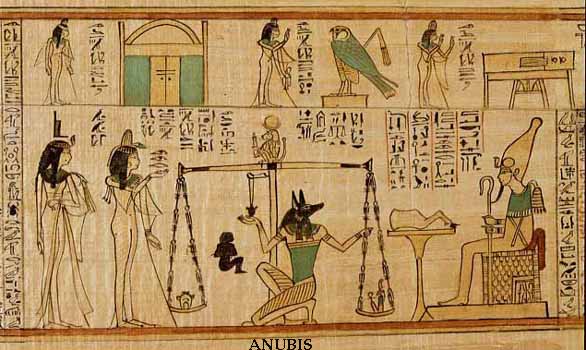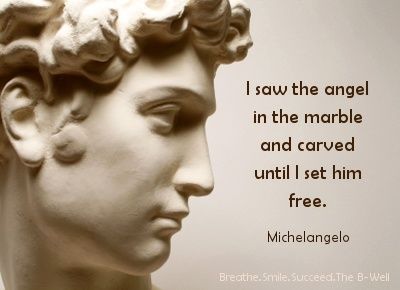
MILDRED:
What are you rebelling against, Johnny
JOHNNY:
What have you got?
In 1953 Marlon Brando roared into a small town somewhere in America and with him the teenager was born. Surly and monosyllabic, Brando stalked the screen making the girls melt and the boys buy leather jackets. However, Brando was not like the character he portrayed. When he died all of his acting memorabilia, bar one photograph, a picture of him and co-star/lover Rita Moreno, was in his shed and his house was full of books and blueprints for his inventions. Brando became the greatest actor of all time by rebelling against Hollywood convention.
‘There’s something absurd about it…people will go…into a darkened room…with (their) fantasy. The person up on the screen… kissing the woman (they) want to kiss…being brave in a way that (they) want to be brave.’ (Brando) Being rebels in their fantasies.
Camus said that there is no such thing as a rebel for once one becomes a rebel one is bound by the convention of the rebel, indeed, it seems, to be a real rebel one must be one’s own self.
‘When he holds my hand, I’m so proud
‘Cause he’s not just one of the crowd
…
He’s a rebel ’cause he never ever ever does what he should’
(The Crystals)
If one considers the history of the world then one will, possibly to their surprise, discover that the greatest rebels in history have been gentle, mild mannered people. Jesus Christ went around saying wouldn’t it be great if people were nice to one another and that temples should be used to pray and not make money? Jesus found himself before not one but two of the political heavy weights who offered him an easy out- explain what you mean and you can walk. Jesus smiled for he knew that they would not be able to understand the truth, and, after all, it was his truth and no one else’s business. Socrates, on the other hand, decided to try to educate those who oppressed him. Given three options- a fine, exile or death. Socrates laughed and said- I don’t care about money, if I can’t get on in Athens (the centre birthplace of the modern world- science, philosophy etc) then I am unlikely to get on better elsewhere and you can kill me but I don’t know the context so I can’t have an opinion on whether it is good or bad (Kierkegaard said this was the birth of irony). Clearly shaken, the wise elders of Athens sentenced him to death.
Another great rebel was the Buddha- not only did he go against the ruling classes but he also went against the rebels. By saying that abstinence from the world is as equally bad as hedonism, the Buddha preached moderation.
Mozart wrote a piece of music called ‘Leck mich im Arsch’ which literally translates as ‘lick my arse’, the scamp.
Rebels are often feared by society simply because they cannot be controlled (Dr Robert Oppenhiemer was made the leader of the Manhattan Project because he could be controlled by the trappings- a nice army uniform, the approval of the generals as opposed to ‘Albert, comb your hair’- *dismissive look*- ‘Teller do as I say!’ ‘Who do you think you are to talk to me, the great Edward Teller!’) and whilst the presiding model of the rebel is the inarticulate rebel without a storyline a true rebel is simply a person who is true to one’s self and is not a rebel at all.
‘till next time!



